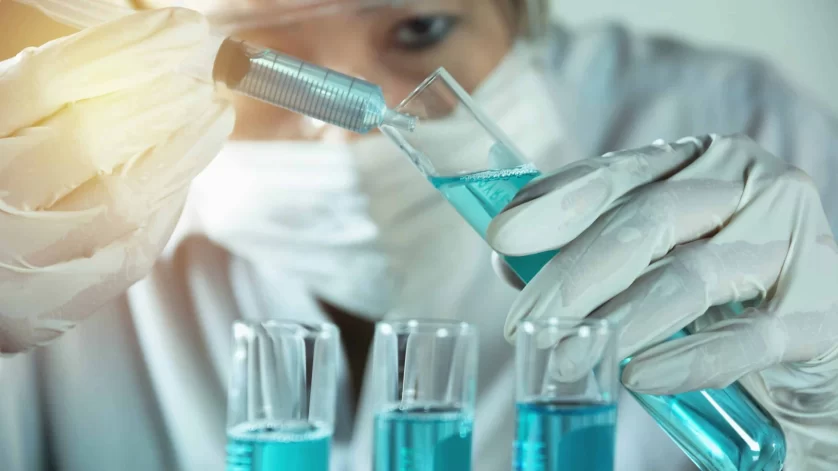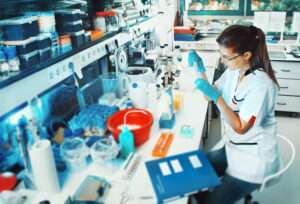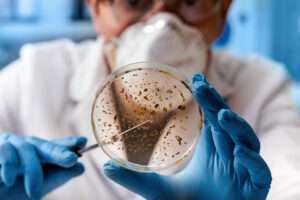Analytical Chemist Job Description
An analytical chemist is a scientist who performs qualitative and quantitative analysis. They develop hypotheses and perform experiments. Analytical chemists communicate with other scientists and engineers to solve problems. In addition, they are expected to follow quality and safety requirements. In addition, they are responsible for developing and troubleshooting laboratory instrumentation.
Also Read – Biomedical Scientist Job Description
Analytical chemists perform qualitative and quantitative analysis
Analytical chemists use both qualitative and quantitative methods to measure and analyze various chemical compounds. Quantitative methods are based on mass change, while qualitative methods are based on difference in physical properties, such as solubility or reactivity. They can also be based on radioactivity and color.
Analytical chemists often work with other Scientists to develop new products and improve manufacturing processes. They also collaborate with Materials Scientists to improve specific properties of materials. Analytical chemists often publish their findings and participate in peer review. Some Analytical Chemists also review and critique the work of other Chemists.
Analytical chemists use a variety of analytical instruments to perform their experiments. These instruments include chromatographs, mass spectrometers, titrators, particle size analyzers, and elemental analyzers. Quantitative analysis, in contrast, seeks to quantify the concentration of a particular compound in a sample.
Analytical chemists are employed in all areas of the chemical sciences, including development of new products and processes. They also contribute significantly to fields such as medicine, forensics, manufacturing, and food regulation. They use quantitative and qualitative analytical methods to improve manufacturing processes and solve problems. They also use their knowledge of chemistry and instrumentation to ensure that products and processes adhere to regulations.
Analytical chemistry has become an important part of our daily lives. From measuring simple medical tests such as blood glucose levels to testing the levels of toxins and salts in the human body, analytical chemists help to ensure our health. Other important uses of analytical chemists include soil and water testing.
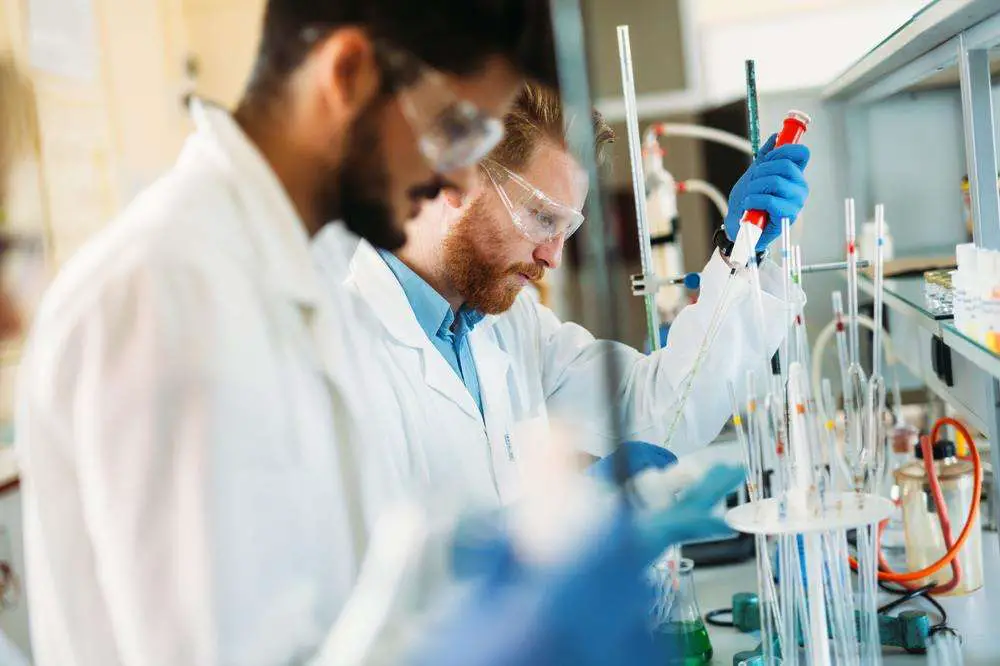
Also Read – Immunologist Job Description
They communicate with other scientists and engineers
The chemistry community has recognized the value of developing effective communication skills in its members. The ACS Office of Public Affairs offers training that helps chemists prepare effective media interviews, write editorials, and make presentations to local governments. This training also covers topics such as how to respond to emotional questions and use body language. During practice interviews, chemists are critiqued by media experts and receive tips on how to deliver a clear message.
An analytical chemist must be meticulous in their work, be well-versed in data analysis, and understand how to communicate with others. They must also be adept at following protocols to avoid compromising the accuracy of their results. They must also be able to follow regulations and overcome health concerns.
Analytical chemists often collaborate with engineers and scientists in other disciplines. Analytical chemistry is becoming a vital part of the overall process of product development. In addition, the availability of increasingly sophisticated instruments and techniques creates a demand for highly skilled analytical chemists. These instruments generate vast amounts of complex data that require expert interpretation.
Analytical chemists must have strong verbal and written communication skills. They must be able to explain their findings and experiments to non-experts and to share their findings through scientific journals and research studies. They must also have excellent interpersonal skills as they work with a variety of people.
Analytical chemists can work in a variety of settings, including individual or team settings. They may be involved in different stages of product development and may be required to work with hazardous materials. The role requires them to pay close attention to every detail of their experiments and to ensure the safety of laboratory workers.
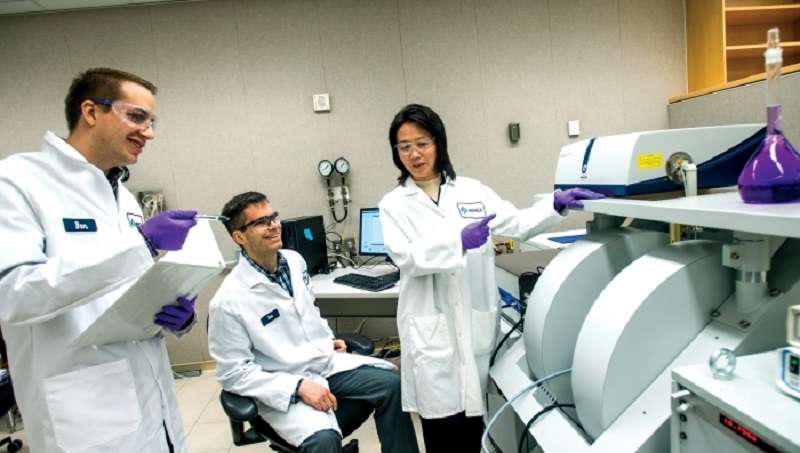
Also Read – Biotechnologist Job Description
They develop hypotheses
In addition to their analytical responsibilities, analytical chemists also develop and test hypotheses. They usually use algorithms like PLS or SIMCA to generate and test hypotheses. Their experiments often involve separability questions or the development of a hypothesis about chemical processes.
Analytical chemists use their critical thinking skills to identify trends and patterns in results from experiments. They may also use these skills to detect problems in products or formulate a solution for a chemical reaction. They must be able to communicate their results to other scientists and to clients.
In addition to developing hypotheses, analytical chemists use formal logic and mathematics to obtain scientific knowledge about chemical systems. Once a hypothesis is defined, the chemist will collect experimental data to test it. The first step is to determine which experiments will best test the hypothesis.
Analytical chemists also conduct experiments to test hypotheses and to develop new formulas. As a result, they can discover the source of contamination in a sample and make sure they are able to perform an effective analysis. The work of analytical chemists can be very rewarding and challenging. They make a tremendous contribution to a variety of fields.
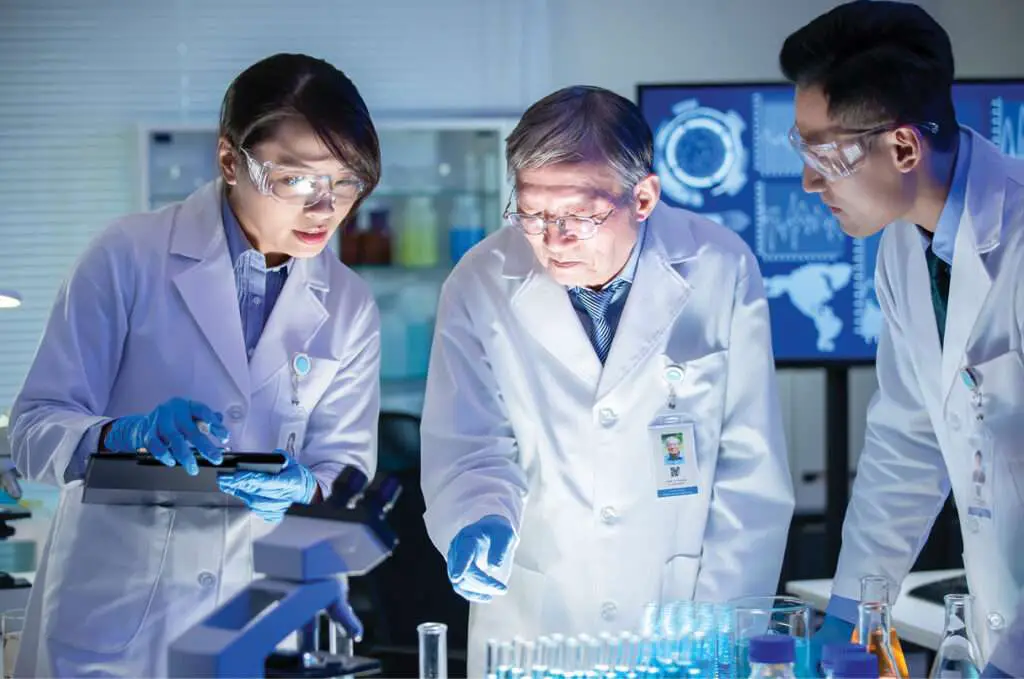
Also Read – Medical Laboratory Technician Job Description
They conduct experiments
Analytical chemists are scientists who use various analytical techniques to determine the composition and structure of various substances. They also study how different substances interact with one another and how they can be separated or modified. They also conduct experiments to create new chemical compounds. Depending on their expertise, analytical chemists may specialize in different fields, such as biochemistry or neurochemistry. Some also work in forensics, which involves testing DNA to identify the identity of a crime victim. Some may also testify in courtrooms.
Analytical chemists are critical to the pharmaceutical industry, as they are responsible for determining the identity and quantity of compounds. Analytical chemists also work to create new methods for analysis. They perform laboratory experiments and write reports on their results. Their work is critical for the development of new products.
The methods used by analytical chemists include qualitative and quantitative methods. The former is based on differences in physical properties, such as solubility and radioactivity. The latter is used to determine the amount of an element. These methods can also be combined. In addition to qualitative and quantitative methods, analytical chemists conduct experiments to determine the composition of substances.
Analytical chemists must keep up with new trends in their field in order to remain competitive. Faster results are essential to the pharmaceutical industry, as they reduce the time it takes to bring a new drug to the market. In addition, the field of chemistry is changing and becoming more collaborative with other disciplines. The rise of interdisciplinary projects in research is one of the reasons for this.
Analytical chemists also use problem-solving skills and critical thinking skills to solve challenges during experiments. They must also be able to communicate their results clearly. They can also work with other scientists and engineers to identify the origin of contamination and create a solution.
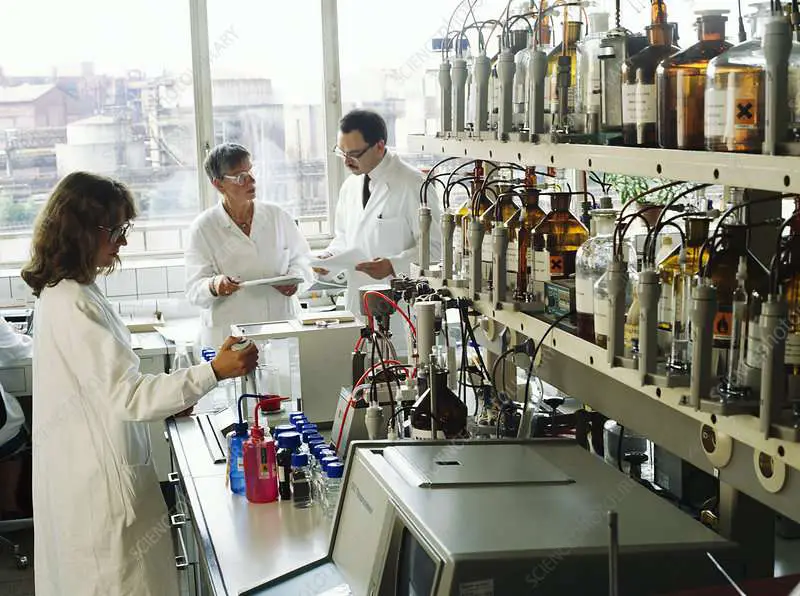
Also Read – Pharmaceuticals and Biotechnology Job Description
They interpret data
Analytical chemists use data analysis skills to identify trends and patterns within testing results. This helps them identify potential issues with products and formulate solutions. They also use their analytical skills to develop new analytical methods. After interpreting data, an analytical chemist can present the results to a variety of stakeholders.
Analytical chemists interpret data using scientific methods such as the scientific method, which consists of a series of experiments and hypothesis development. They also use new methods and formulas to analyze samples. For example, they may use mass spectrometry to determine the composition and structure of molecules. They also use analytical methods to determine the source of contamination in samples.
Analytical chemists are employed in all aspects of chemical research. They perform basic laboratory research, develop products and processes, design analytical instruments, teach analytical chemistry, and work in other areas such as marketing and law. Analytical chemists make significant contributions to many areas of science.
An analytical chemist’s work can help companies ensure that their products meet quality standards and contain no defects. They are indispensable members of technology teams. As a result, many analytical chemists specialize in one or several areas of chemistry. Some focus on research, while others focus on development or applications.
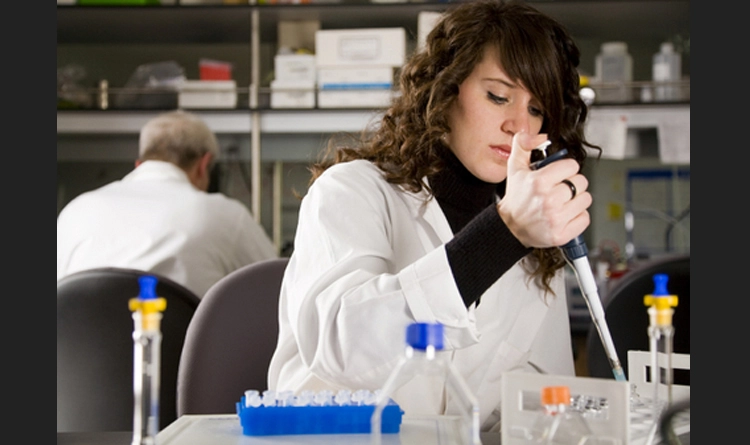
Also Read – Research Scientist Job Description
Useful Links:-
Dubai Job Vacancies, Engineering Job Vacancies in Dubai, Top Dubai Jobs, Multiple Dubai Job Vacancies, Dubai Jobs, Jobs in Dubai, Dubai Job vacancies, Dubai Vacancies, Abu Dhabi Job Vacancies, Engineering Job Vacancies in Abu Dhabi, Top Abu Dhabi Jobs, Multiple Abu Dhabi Job Vacancies, Abu Dhabi Jobs, Jobs in Abu Dhabi, Abu Dhabi Job vacancies, UAE Vacancies, UAE Job Vacancies, Engineering Job Vacancies in UAE, Top UAE Jobs, Multiple UAE Job Vacancies, UAE Jobs, Jobs in UAE, UAE Job vacancies, UAE Vacancies
Click Here to find the latest Job Vacancies

